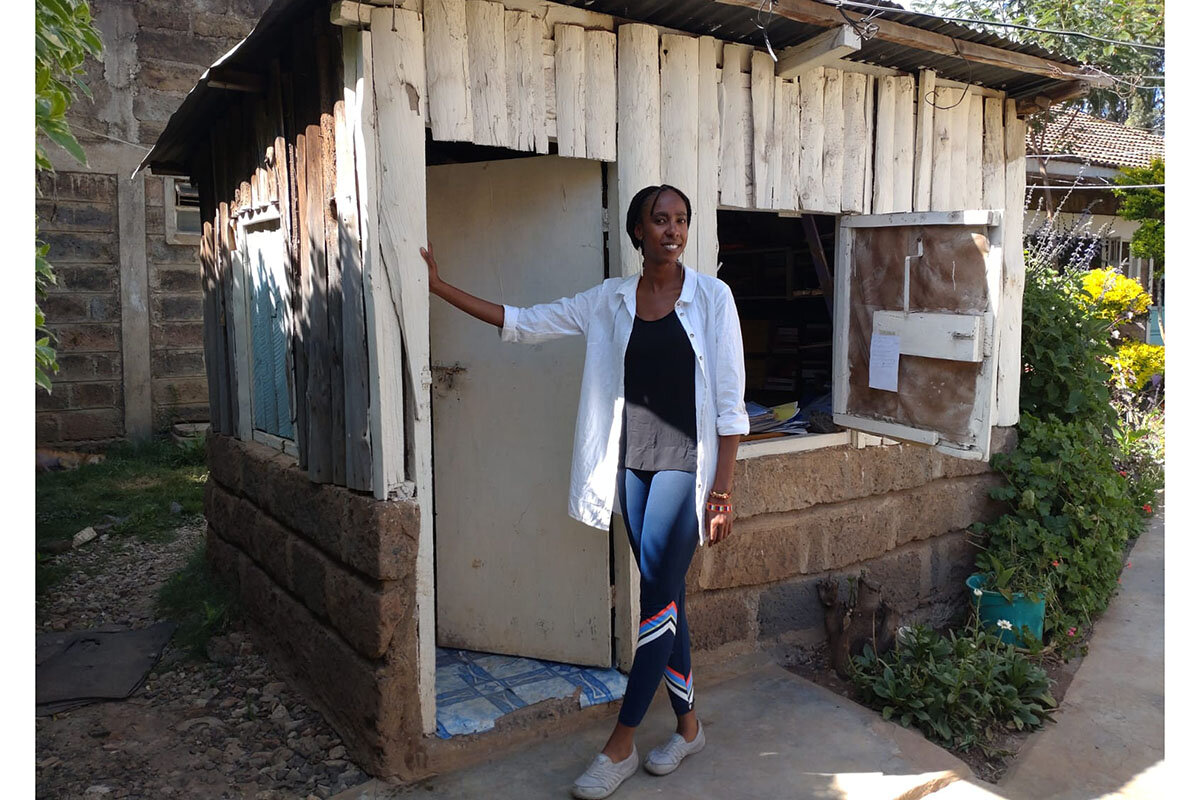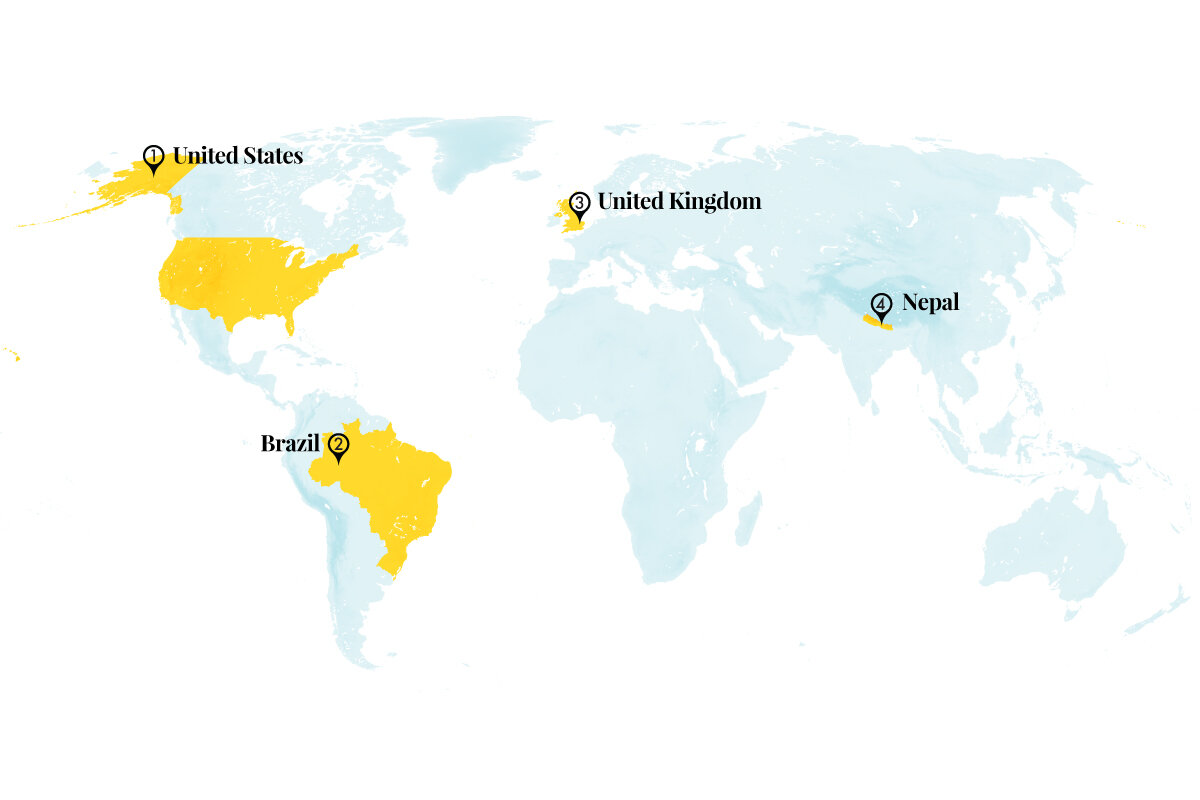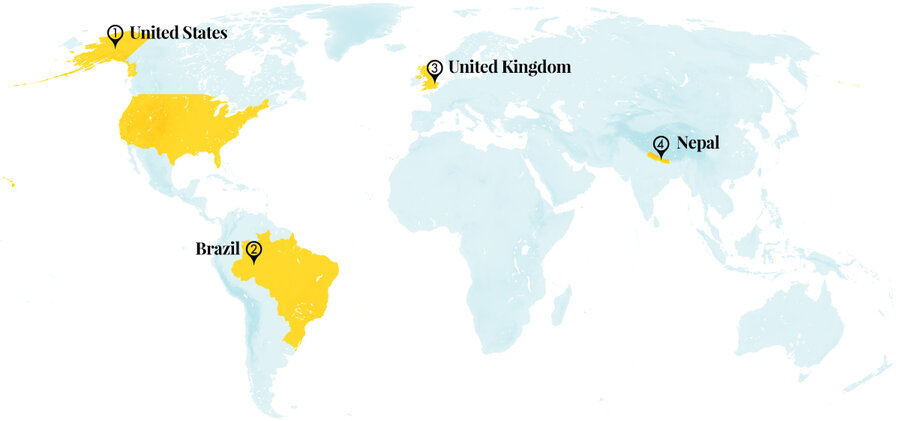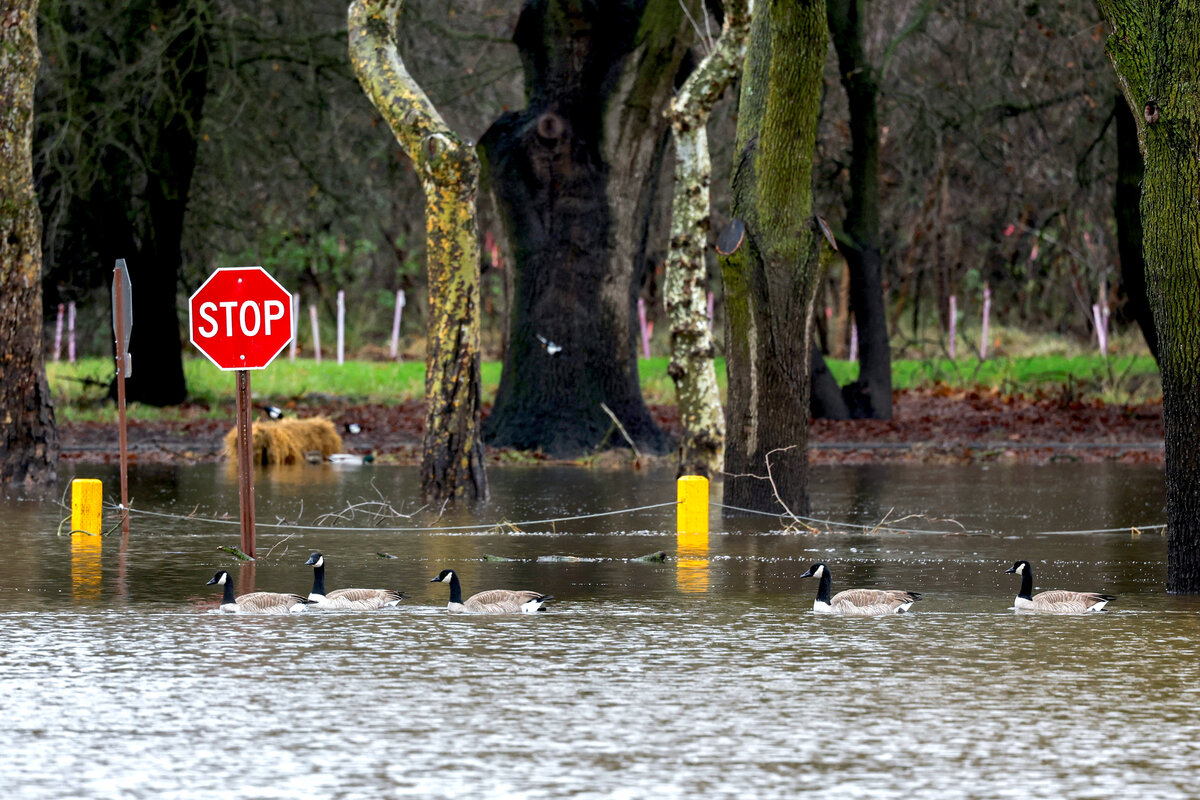As parties are grappling with more extreme wings, some state legislatures have responded by forming centrist coalitions across the aisle. To work, however, the model requires trust.
Monitor Daily Podcast
- Follow us:
- Apple Podcasts
- Spotify
- RSS Feed
- Download
 Laurent Belsie
Laurent Belsie
Maybe it’s the mountain air. Maybe it’s because for the first time in three years, the World Economic Forum meeting is back to normal as a physical gathering in Switzerland in January. For whatever reason, the world’s bankers, CEOs, and policymakers are sounding cautiously optimistic about 2023.
Take the world’s second-largest economy: China. On Tuesday, Vice Premier Liu He said Chinese life had returned to normal with the lifting of pandemic restrictions. “We are confident China’s growth will most likely return to its normal trend,” he added. If he’s right, China’s growth would nearly double from 3% last year, helping to buoy the world economy at a time when the West is slowing.
The head of OPEC: “We’re seeing signs of green” for the global economy, OPEC Secretary-General Haitham Al-Ghais told Bloomberg Television in Davos. The chairman of tech and engineering giant ABB: The worst of the computer chip shortage is over, Peter Voser told CNBC. At the International Monetary Fund, First Deputy Managing Director Gita Gopinath now expects “improvement” in the latter half of 2023.
Even in Germany, hit hard by the war in Ukraine, Chancellor Olaf Scholz said the nation’s energy supply is now secure despite Russia’s cutoff of natural gas. The move is also speeding up Germany’s transition to green energy, he added.
The world economy still has several valleys of risk to navigate in 2023 – such as uncertainties regarding inflation, recession, and interest rates. But at least there’s some sunlight on the peaks.











